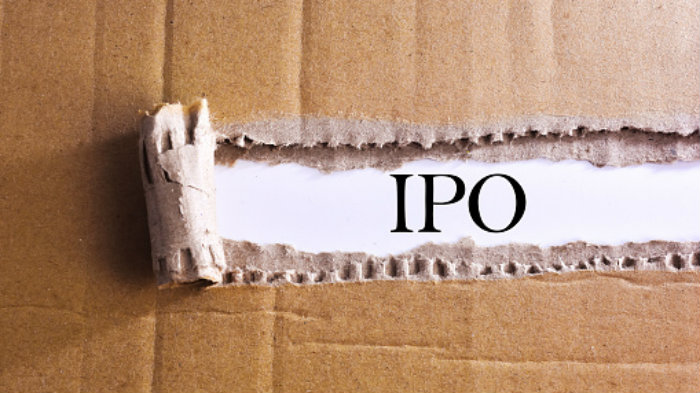
MAV Beauty Brands Inc. (TSX:MAV), the parent company of renowned Canadian hairstylist Marc Anthony Renere’s haircare products is ready to IPO with shares expected to hit the TSX around mid-July.
Here are five things you need to know about the offering. By the end, I’ll let you whether MAV is a beauty or a beast.
Who is MAV Beauty Brands?
The Marc Anthony True Professional brand launched in Shoppers Drug Mart in 1995. It expanded into the U.S. in 2002 and internationally six years later. In January 2018, MAV acquired Cake Beauty, a personal care brand whose products are sold primarily in Canada. Two months later the company acquired Renpure, the number one ranked independent personal care products brand in the U.S. mass market.
Growing fast
In fiscal 2015, MAV Beauty had US$47.1 million in North American revenue and US$6.7 million internationally for a combined US$53.8 million. By fiscal 2020 it projects revenues as high as US$160 million, a compound annual growth rate of 28.3%.
Over the past 15 years, the global personal care industry ($465 billion) grew 3.8% annually. Over the past three years, independent beauty brands like MAV Beauty have grown by 12.8% annually, which suggests management is confident it can take market share in the traditional mass market.
Millennials spend more than other age groups on beauty and personal care. In 2013, millennials accounted for 14% of the total U.S. retail expenditures. That’s expected to more than double to 30% by 2020.
The two preceding sentences ought to pique investor interest.
How profitable?
In fiscal 2015, its adjusted gross profit and adjusted EBITDA were US$30.5 million and US$21.0 million, respectively. In the trailing 12 months ended Q1 2018, adjusted gross profit and adjusted EBITDA were US$43.6 million and US$27.4 million, respectively; adjusted gross profits growing 43% over three years while adjusted EBITDA rose 30% over the same period, which are both healthy increases.
While MAV Beauty’s gross profit margins are better than traditional mass market products at around 55%, they’re nowhere near those generated by prestige manufacturers such as Estee Lauder Companies Inc. (NYSE:EL), whose gross margins are almost double at 80%.
However, because it runs an asset-light business model, its adjusted EBITDA margins are actually higher than that of Estee Lauder at 34%.
Private equity sponsors
In the past two years, a couple of private equity-controlled retail brands have IPO’d on the TSX — Aritzia Inc. (TSX:ATZ) in 2016 and Canada Goose Holdings Inc. (TSX:GOOS) one year later — with Canada Goose investors making out like bandits; not so much for those buying Aritzia shares.
Private equity buy companies for one reason only: to make as much money on their leveraged investments as quickly as possible, thereby allowing for a profitable exit with internal rates of return of 20% or more.
Time is money to these companies. Don’t expect TA Associates, who acquired Marc Anthony Cosmetics, the predecessor company to MAV Beauty Brands, for US$174.7 million on September 30, 2016, to stick around much longer than the six-month lock-up arrangement.
Heading into the IPO, TA Associates owned 54.1% of MAV Beauty Brands. After the IPO it will own 31.2% of the company, which will allow it to nominate 30% of the company’s board of directors. Unless the shares move significantly higher than the $14 IPO price, TA Associates will likely hang on to their shares to better control the business until the exit price is too good to pass up.
The valuation
Based on the company’s 2016 revenue of US$62 million, TA Associates paid 2.8 times sales. At the IPO price of $14 a share, it’s valuing the business at $579.6 million [41.4 million shares outstanding times $14 a share] or about 6.3 times 2018 pro forma revenue of $92.5 million.
You can currently buy Estee Lauder stock for four times sales; it’s one of the biggest cosmetics companies in the world and still growing at a decent clip.
The verdict on MAV Beauty Brands
TA Associates paid $175 million for Marc Anthony Cosmetics. It might have put up $90 million in equity and borrowed the rest to make the purchase. Its 17.2 million shares are worth $240 million based on the $14 IPO price.
This means that TA Associates will generate an annualized return of approximately 75% over the two-year hold — not a bad gig. I don’t fault them for taking an exit so soon. You have to make hay while the sun shines.
However, at more than six times sales, I’d buy Estee Lauder and forget the whole “buy Canadian” movement.







